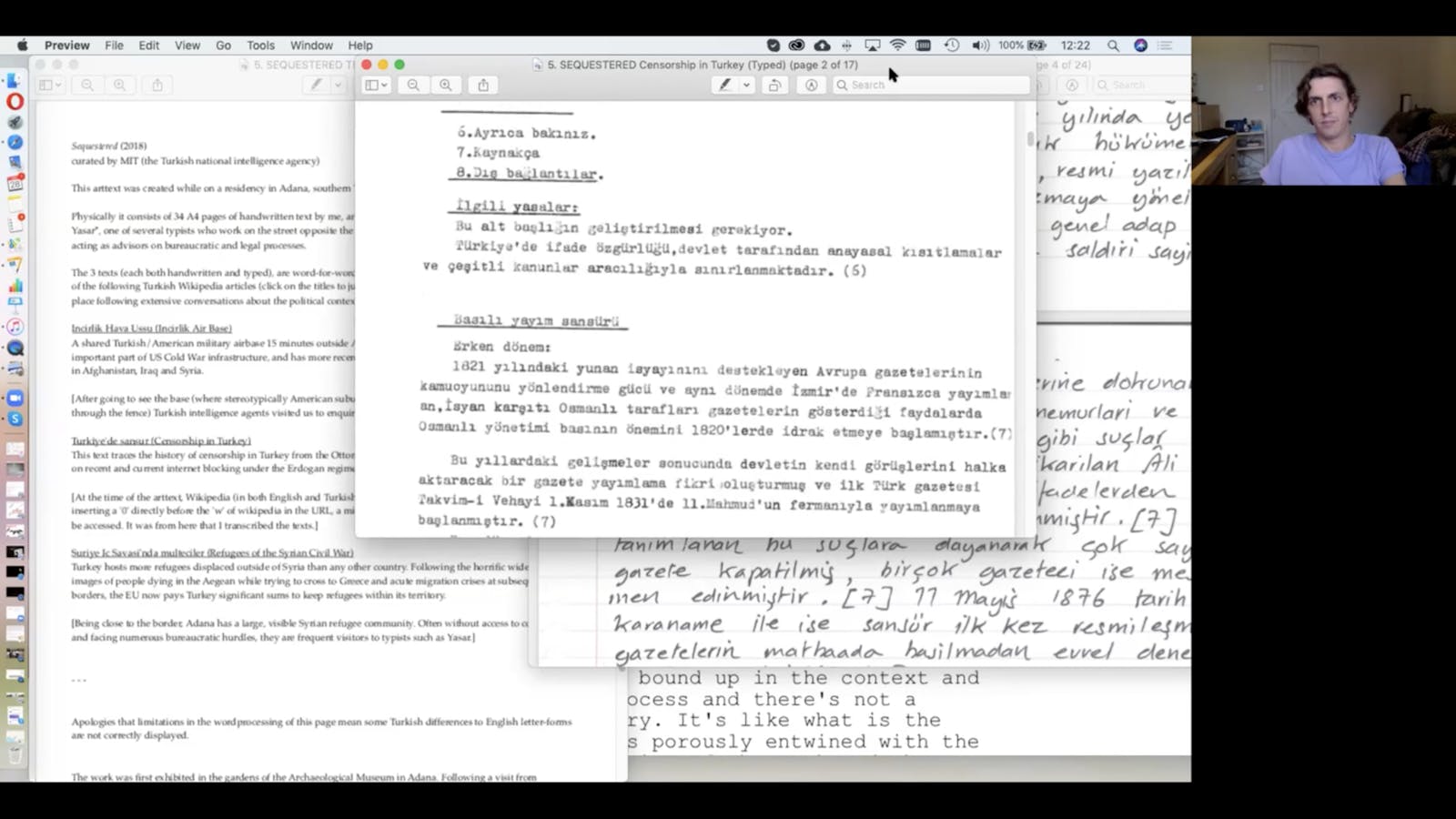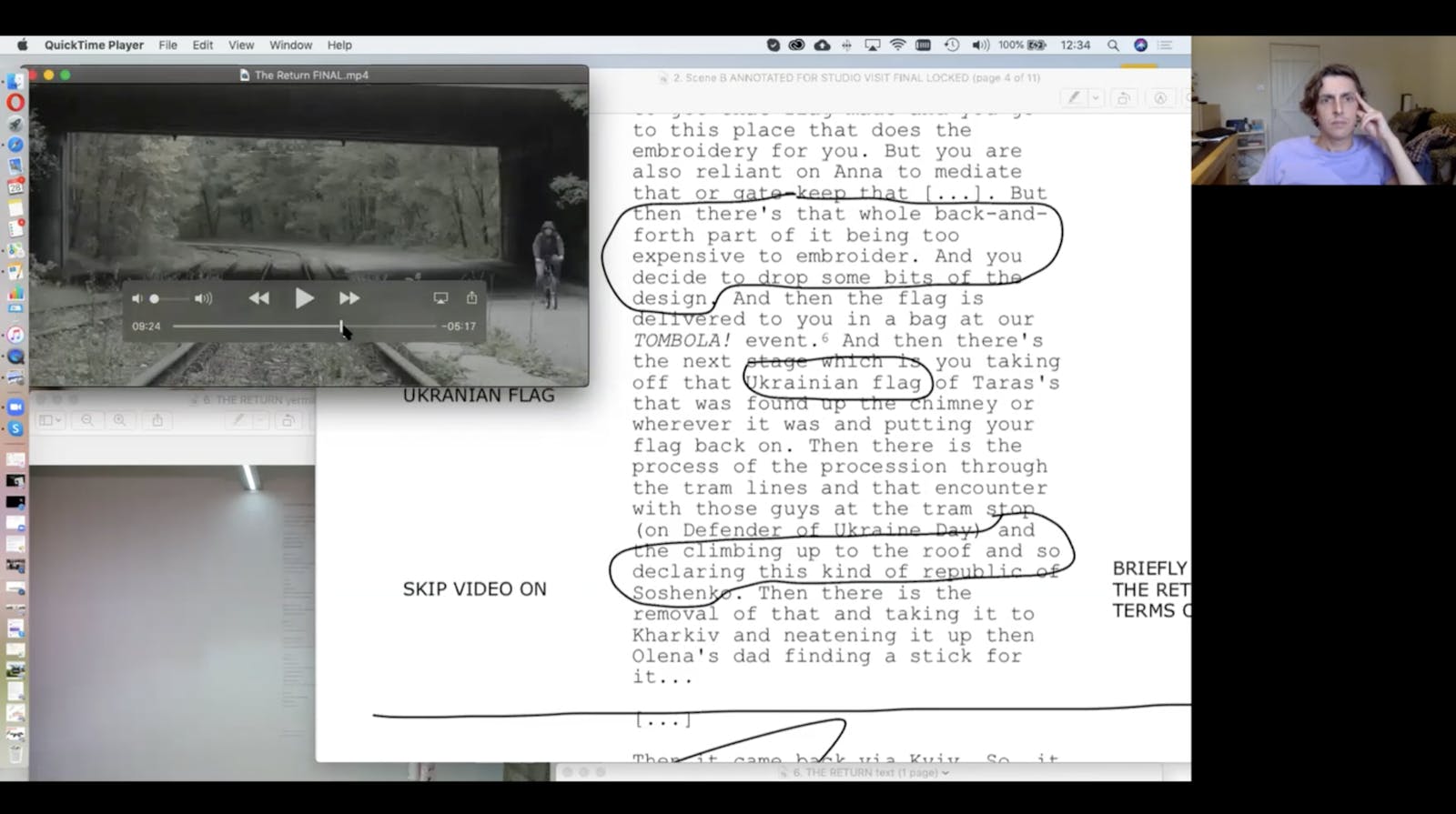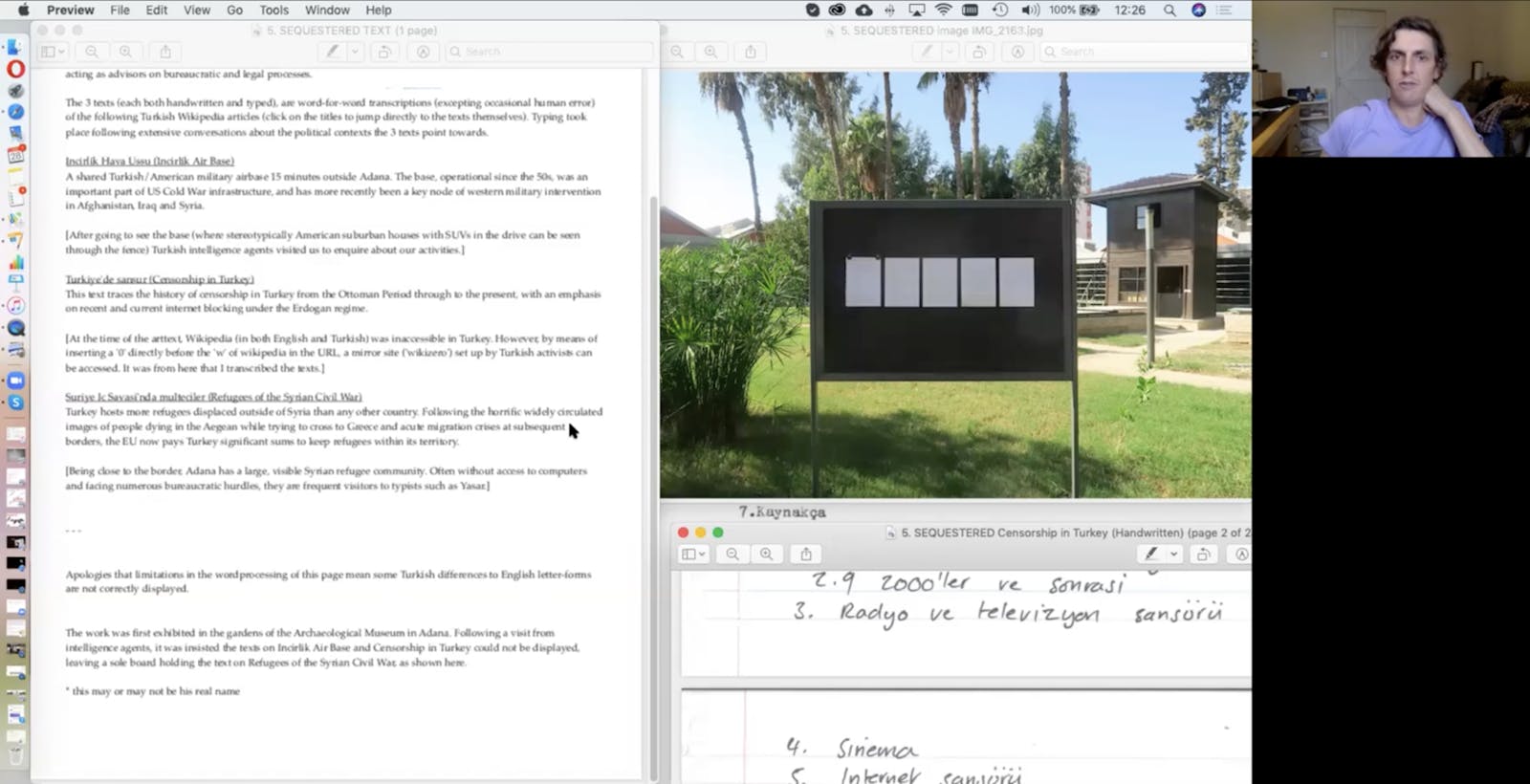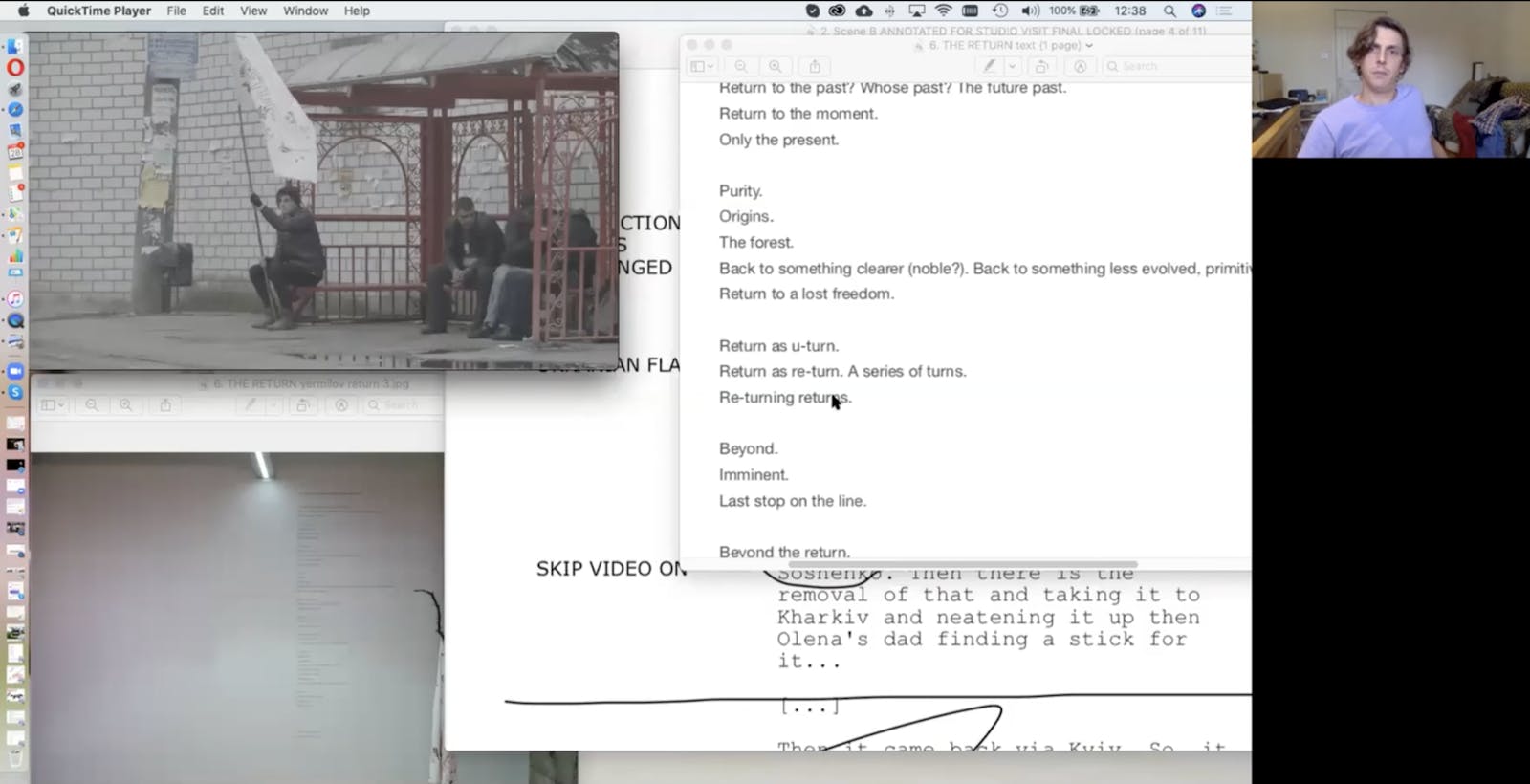Hang Li
Curating-in-Formation between Art, Science and Technology: Envisioning curating as translocal and cross-diciplinary co-working that supports epistemic justice
Summary
The research is driven by an awareness of the inadequacies of the epistemic tools offered by curating for approaching techno-scientifically related cultures and issues and identifying valuable questions to ask and address. Unencumbered by the norms of curating as artistic production, exhibition, collection and conservation, the study sets up an exploration of links between, first, curating as creative co-working and epistemic inquiry, and second the resistance of neoliberal and modernist subjugation of science, technology and art on transnational scales. It asks, how to enable a curating-in-formation that does justice in its epistemic practices if we see technoscience as constituents of our contemporary cultural conditions and, therefore, a necessary area to understand, unlearn and reshape for curating?
Additional info
The practice-based research consists of four projects located in Britain and China while connecting to international agencies. They each attend to curating as knowledge territories manifested in pedagogies, curatorial practices, and curators’ involvements in creative practice organisation on institutional and art ecological levels. The main focus of these practices is the intersecting powers of domination that shape curating’s collective epistemic tools, and transfer misconceptions and violence through curatorial pedagogies and practices beyond disciplinary and national borders. In particular, it seeks to interrogate and unlearn some proliferate ideas in curating, such as heroic individualism, neoliberal entrepreneurship, scientific and logistics management in the ubiquitous marketplace. It also questions the reproduction of Silicon-Valley-exemplified technological optimism and design thinking, and the science, technology, engineering and math (STEM) industries top-down problem-solving mindset within the know-that and know-how of curating. The projects take learning and making-with as the basis and are actualised in collaboration with students in art and design, independent curators, creative practitioners, small-scale organisations, larger-scale art institutions and higher art education department in both Britain and China.
Weaving together feminist epistemologies, intersectionality, science and technology studies, social movement organisation and curatorial study, the research asks the following questions. How to understand the link between the knowledge practices of curating and curating’s reinforcement of domination when intersecting with science and technology? To untangle curating from the modernist, dominative and neoliberal science and technology, what it is to be negotiated and retooled in the epistemic resources of curating? Practically, to enable a curating-in-formation proposed by the research, who and what knowledge should be included in a revisioning of curating as a project of studying-with and making-with? Through what means can we work together justly within the problematics of curating, and beyond terrains of the already known? What art-ecological enabling conditions are needed to revise curating to this end, and what risks will this art-ecological change bring into concerns?
The research will provide a groundwork for understanding the creative practices in China and the UK from translocal perspectives by concerning their links to technoscience, knowledge and ethics. It will be of value to those who practice, teach, organise and fund the multidimensional terrains interlacing art, science and technology. It will also be of interest to those seeking creative and value-sensitive approaches to co-working across disciplines and nations.
Hang Li (李航) is a researcher, curator and designer based in London and Beijing. Her focus is on the curatorial intersecting art and technology, by concerning collective working, feminist epistemologies, and organisational approaches to social justice. Her practice-based PhD explores the epistemological and practical approaches outside the conventional knowledge frameworks and institutional norms. It aims to search for the enabling conditions for curating-in-formation to tell better stories and act for shaping just science and technology at translocal scales.
Hang’s essays are published in journals and books. She has curated several art projects for institutions and organisations such as The Photographers’ Gallery, Spazju Kreattiv, the Royal College of Art and Skelf. She is currently a PhD researcher in the School of Arts and Humanities at the Royal College of Art (RCA). She graduated from the Bartlett, University College London with a MArch in Architecture Design, followed by an MA in Curating Contemporary Art from the RCA.
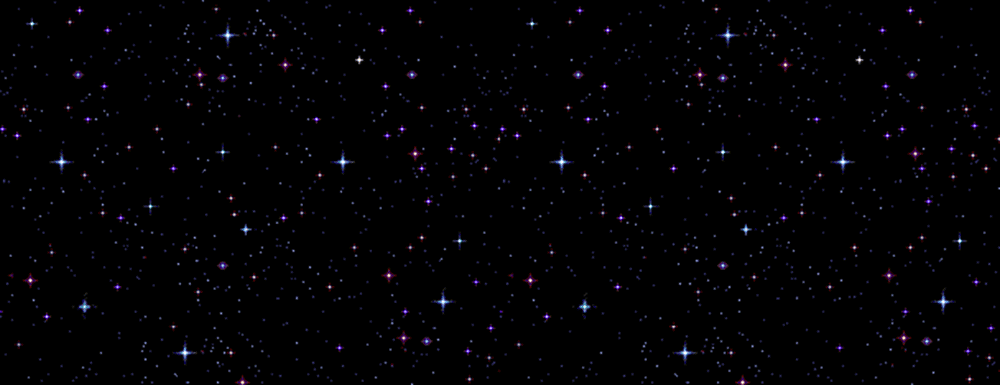
no-longer-being-able-to-be-able | online art project
no-longer-being-able-to-be-able (October 2020 - January 2021) began from an urge to think about a shared unease in an over-saturated contemporary life. The limitless productivity and growth encouraged by neoliberal ideology have redefined people as labourers who have to continue to able to work and consume in order to be able to be.
The title of the project refers to Byung-Chul Han’s The Burnout Society (2010), which interrogates contemporary life’s immanent excessive positivity and information. In such a society, everybody becomes an entrepreneur fully responsible for the outcomes of their ‘individual’ lives. In order to be responsible in this sense, people are so busy proving they are able to work, compete, consume and survive. It becomes hard to hold on and ask why we should be able to be able, and for the sake of whom. The predominating fantasies of unlimited growth have rendered feelings of tiredness, anxiety and disorientation daunting and negative. They become symptoms of being fragile, defective and incompetent. These ‘negativities’ have promoted the contemporary myths of health, care, safety and protection. The pandemic, once seen as a chance to suspend and contest these myths, is instead fuel for the continuation of ‘the normal' in both the art field and wider society.
In response to the neoliberal norm of being-able-to-be-able, no-longer-being-able-to-be-able explores the unease in excessive everyday life from the perspective of a labourer, consumer, woman, Queer individual, ethnic minority, teenager, internet user, art worker and an exhausted ‘regular person’. By unpacking the culture of abundance and expansion, this project questions the meaning of be and being able that are underpinned by particular ideologies, powerholders and histories. The works presented in the project aim to explore the possible ways of recognition, articulation and interrogation amid overloaded, oversaturated, and overdrawn beings.
Artists:
Babeworld (Ashleigh Williams), Meech Boakye, Joshua Citarella, DANK Collective (Grant Bingham, Tori Carr, James D. Hopkins, Ian Williamson, and Zen Khalid), DIRD (Zijing Zhao and Rui Shi), Emma Finn, Anna Frijstein, Max Grau, Mina Heydari-Waite, Sae Yeoun Hwang, Judit Kis, Simona Me., Donatella Della Ratta, Frankie Roberts, Geraldine Snell
Link to the project
The project was commissioned by Skelf
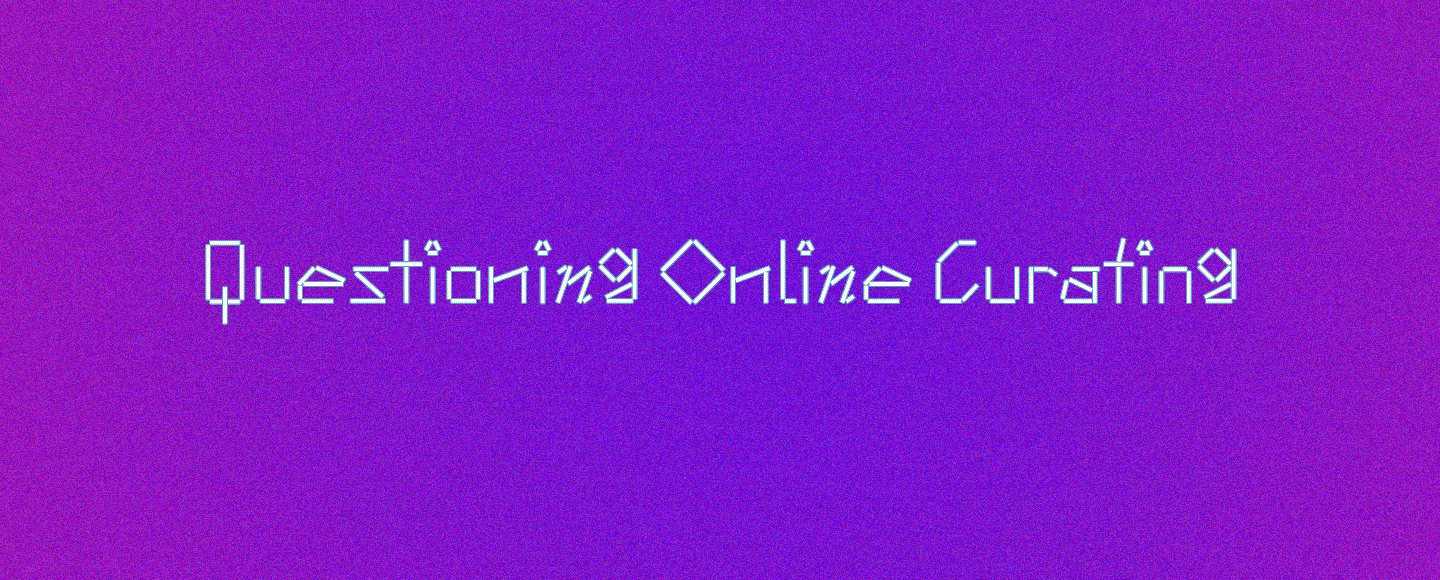
Questioning Online Curating | AcrossRCA workshop
Presenting projects online becomes a necessary option for artists and creative practitioners during the pandemic. But it is perhaps time to ask, how do we work collectively in art production in tandem with digital technologies? Does online curating help in the remote co-working processes?
Questioning Online Curating (February 2021) is a workshop that invites ten participants from different backgrounds to formulate a collective during the five days. As a small group, we will work together closely in the questioning of the value and code of conduct of online curating. The workshop will consider the ethical and political implications of online curating in line with some contested narratives, such as:
- Inclusivity and accessibility advanced by art institutions;
- Problem-solving in science, technology, engineering and mathematics (STEM) industries;
- Market-oriented strategy making in design thinking.
We will also unpack together the praxis of online curating by discussing its often-neglected constituents such as remote communication, software-based co-production, crowdsourcing, and some infrastructural specificities, including broadband and browsers and social media.
During this workshop, participants will each develop a speculative plan for presenting an art project online. Participants will be invited to present the plan in internal roundtable crits, and an online event opened to the RCA community. The workshop will be of interest to those who hope to develop critical approaches to navigating, participating or organising online art projects. It also welcomes those who hope to share their experience of preparing for the WIP show and other online art projects.
Link to a list of suggested materials.
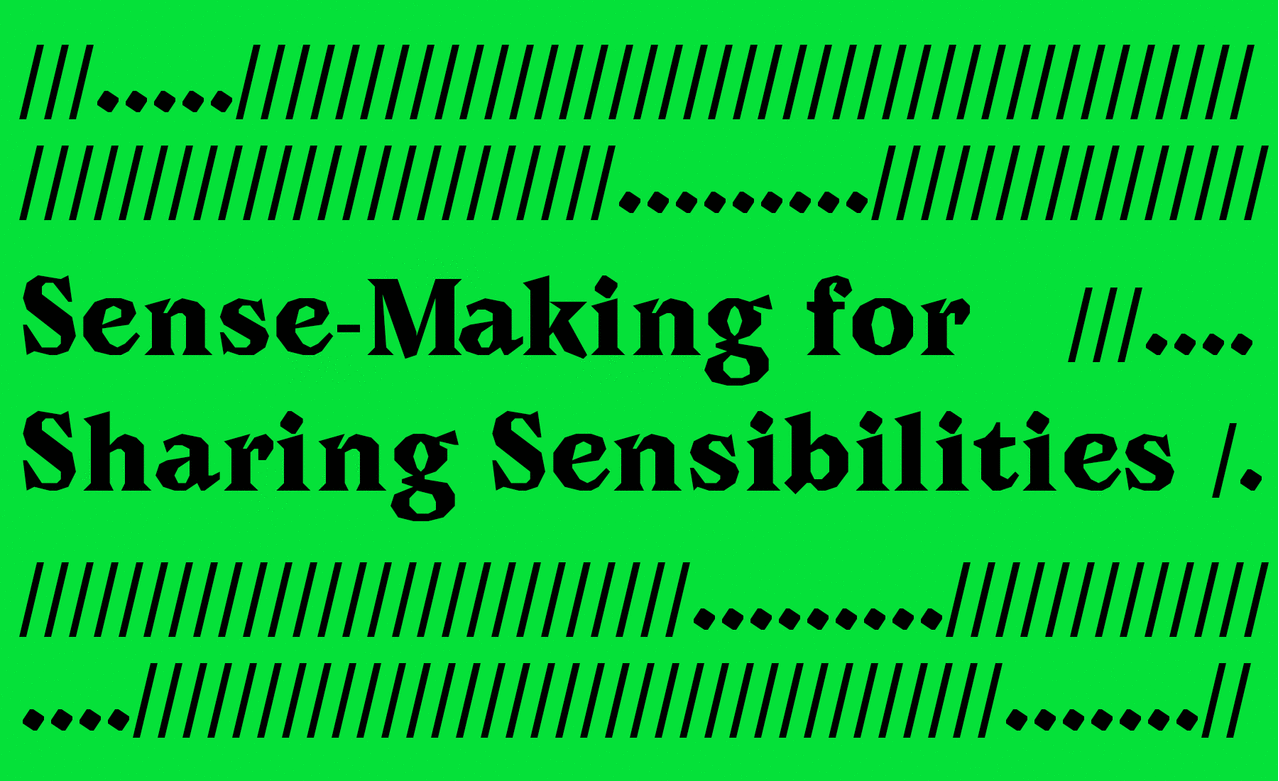
Sense-Making for Sharing Sensibilities | one-day online event
Sense-Making for Sharing Sensibilities (July 2020) was a one-day event opening up discussions on the approaches to gaining shared recognition and to channelling social actions as critical forms of collective sense-making. The event is curated by Hang Li as part of an RCA 2020 SOAH Research Programme In the Realm of Re-Sensing organised by Dr Josephine Berry. The programme focused on the transformation of the senses and sense-making in an increasingly online world. It understood re-sensing not only as the digitally propelled thinning or withering of the senses, but also as their potential extension, intensification, recombination, splitting and remodelling induced by today’s cyborg assemblages. It asked more generally how we can connect sense-making with sensation to think about their mutual transformation in times of such abundant crises.
Textual Bodies: Online Studio Visit with Adam Walker
Adam Walker showed in his online studio visit his current and recent performances, texts, moving-image and digital projects, as an ongoing critical exploration of the relationship between the human and abstracting, increasingly textual structures affecting contemporary life.
In our conversation, Adam discussed the urgent need for speculative profferings of other ways of being in addressing and contesting self-perpetuating structures of inequality. Our human messiness, irrationality, desire and relationality were considered in both vulnerability and also the potential for resistant agency.
Adam Walker's recent projects, performances and exhibitions have taken place at and with the Serpentine Gallery, NEoN Digital Arts Festival and Tyneside Cinema (UK), Izolyatsia and Yermilov Centre (Ukraine) and online at www.skelf.org.uk. He is soon to complete his PhD at the Royal College of Art.
Video recording available here.
Sense-Making for Sharing Sensibilities: Art, Design and Social change
COVID-19 has hindered physical connection and blocked senses at large. Yet, there are a few organisations that have been working on making sense together during the pandemic by cultivating discussions in world-making with social justice, care and alternative economic and political infrastructures.
This panel discussion presented the organisational practices that are coming into being during the pandemic along with the on-going social, political and economic crises. It discussed the ways to configure and reconsider the role of art, design and organisation today confronting challenges and opportunities arising in and after the pandemic. The panel also covered how the internet is impacting the process of collective sense-making and social change.
Speakers: Jennifer Lyn Morone, Wesley Taylor and Marc Garrett
no-longer-being-able-to-be-able
Thumbnail images contain artworks by Judit Kis, Geraldine Snell, Simona Me., Donatella Della Ratta and Frankie Roberts
Below are screenshots of the art project. Please contact me before using any of the images.
img.1 and 2 Emma Finn and Mina Heydari-Waite; img.3 and 4 DIRD (Zijing Zhao and Rui Shi); img. 5 Simona Me.; img. 6 Max Grau; img.7-10 Joshua Citarella, DANK Collective (Grant Bingham, Tori Carr, James D. Hopkins, Ian Williamson, and Zen Khalid), Donatella Della Ratta, Frankie Roberts; image 11-16 Babeworld (Ashleigh Williams), Meech Boakye, Anna Frijstein, Sae Yeoun Hwang, Judit Kis, Geraldine Snell.
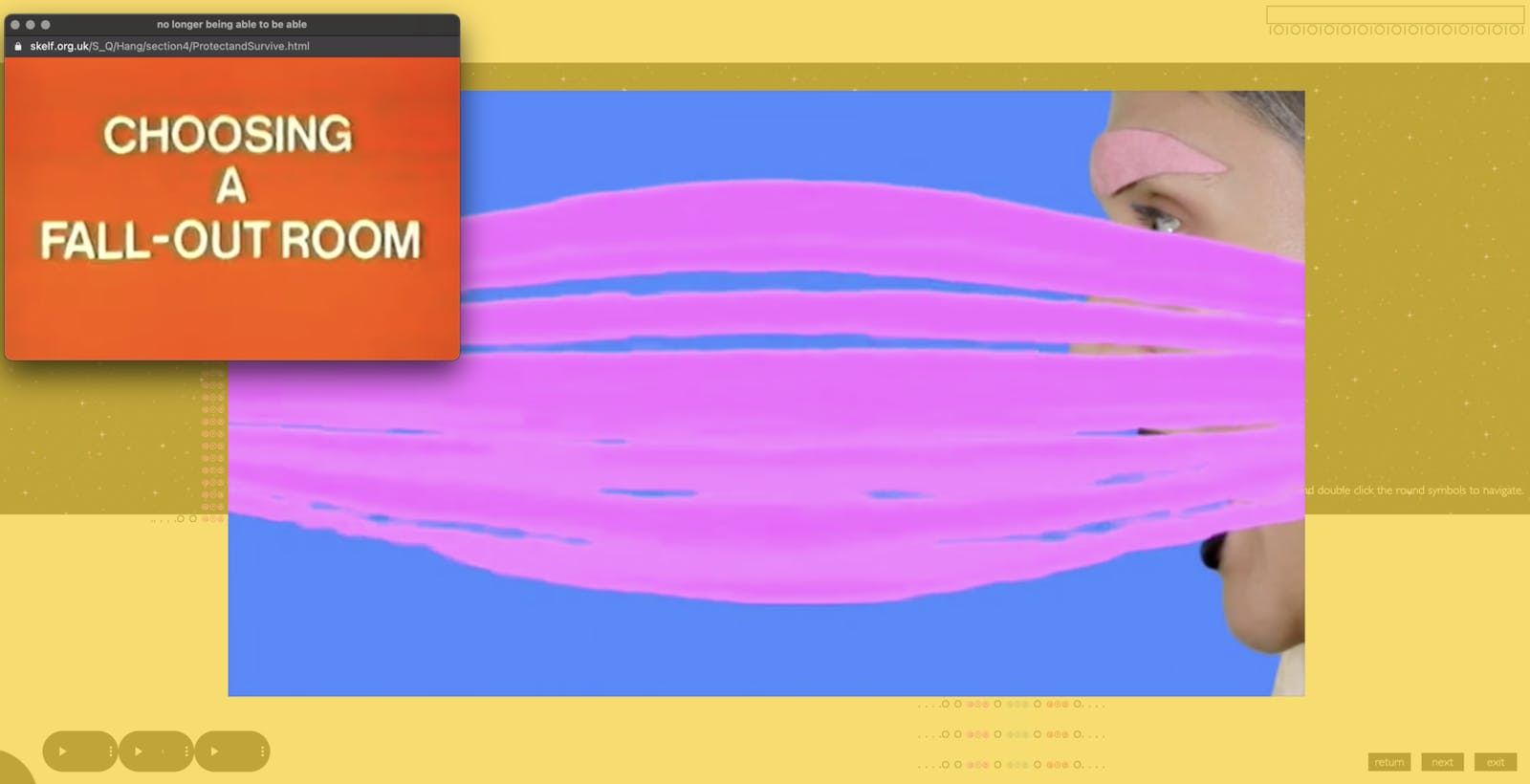
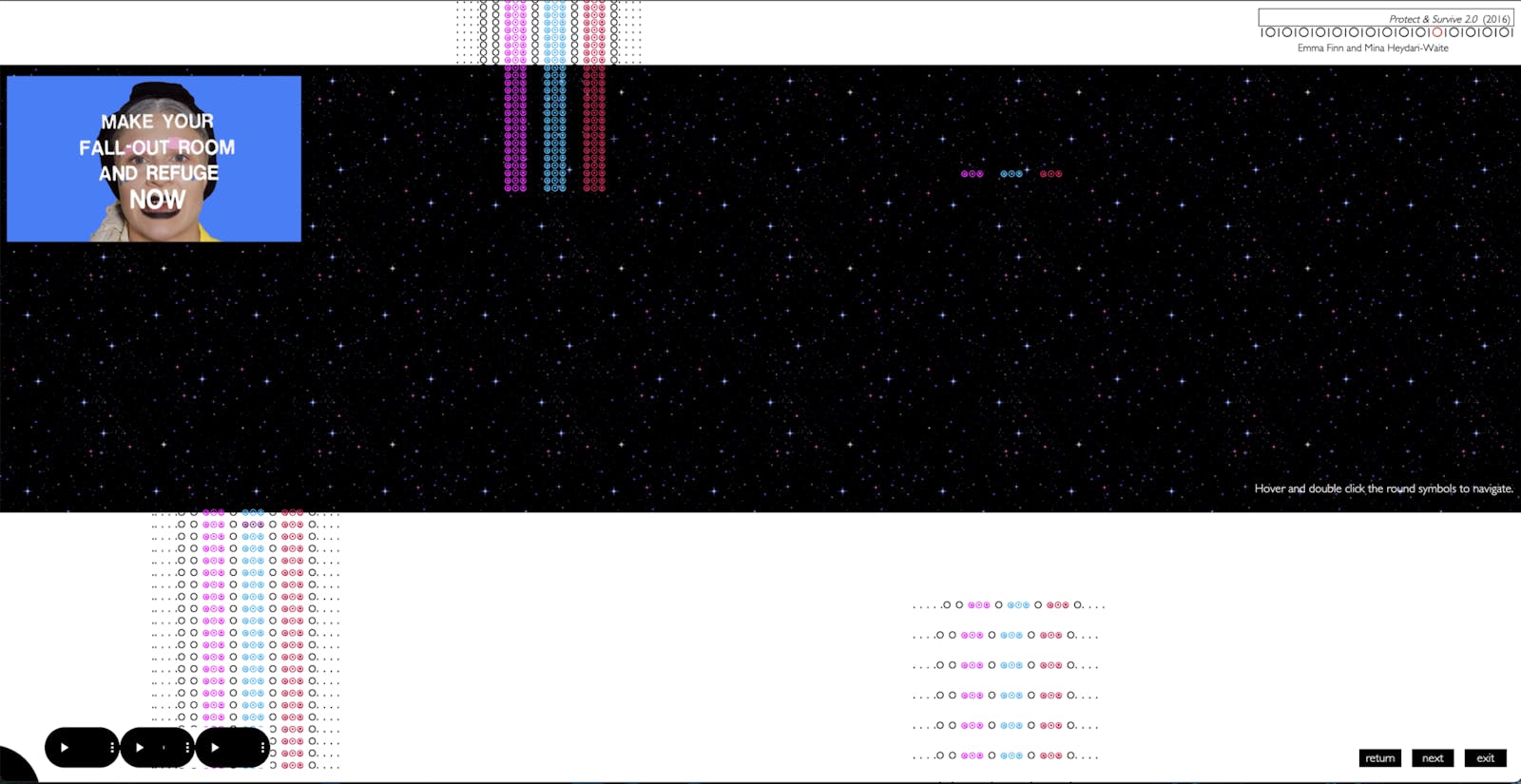
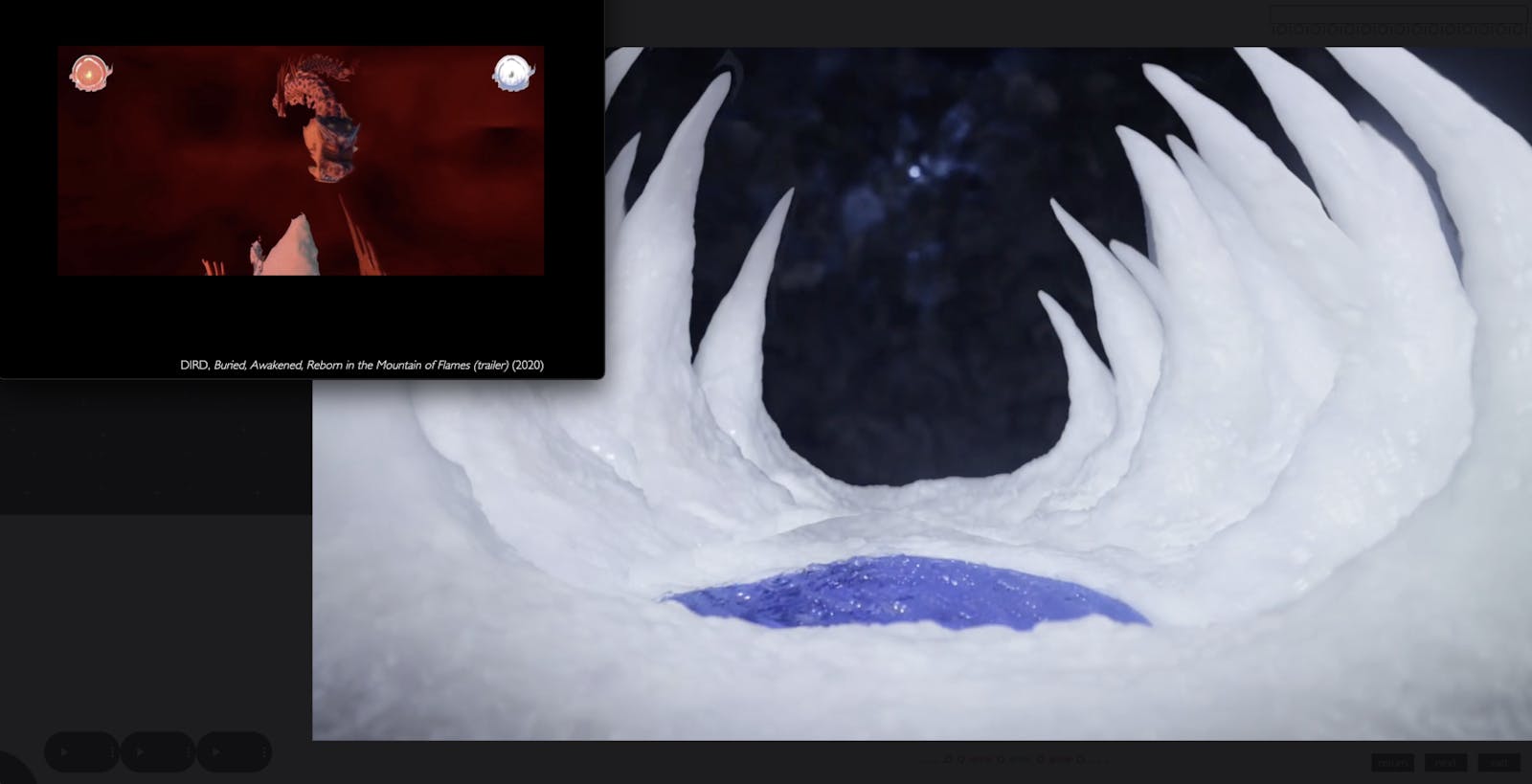
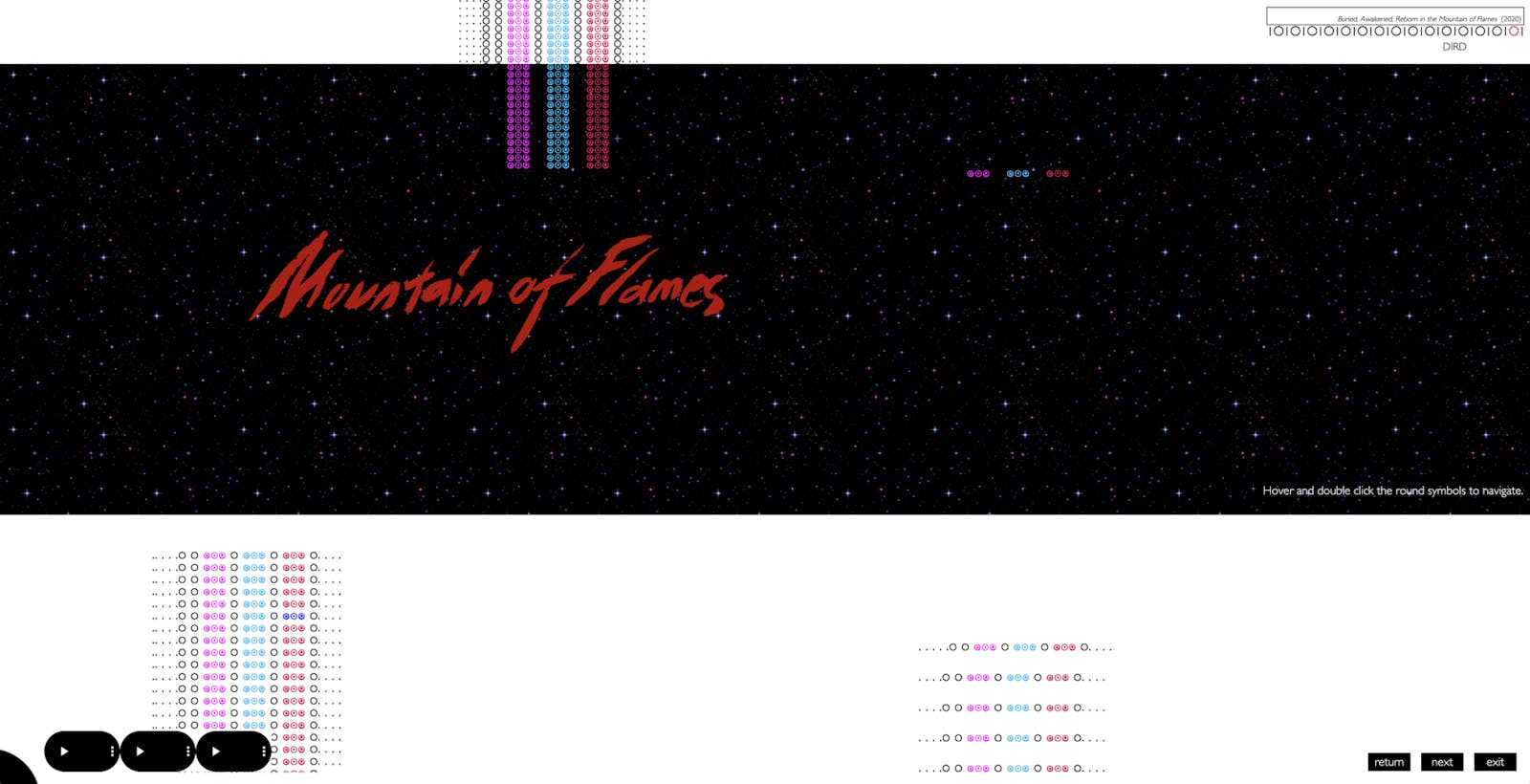
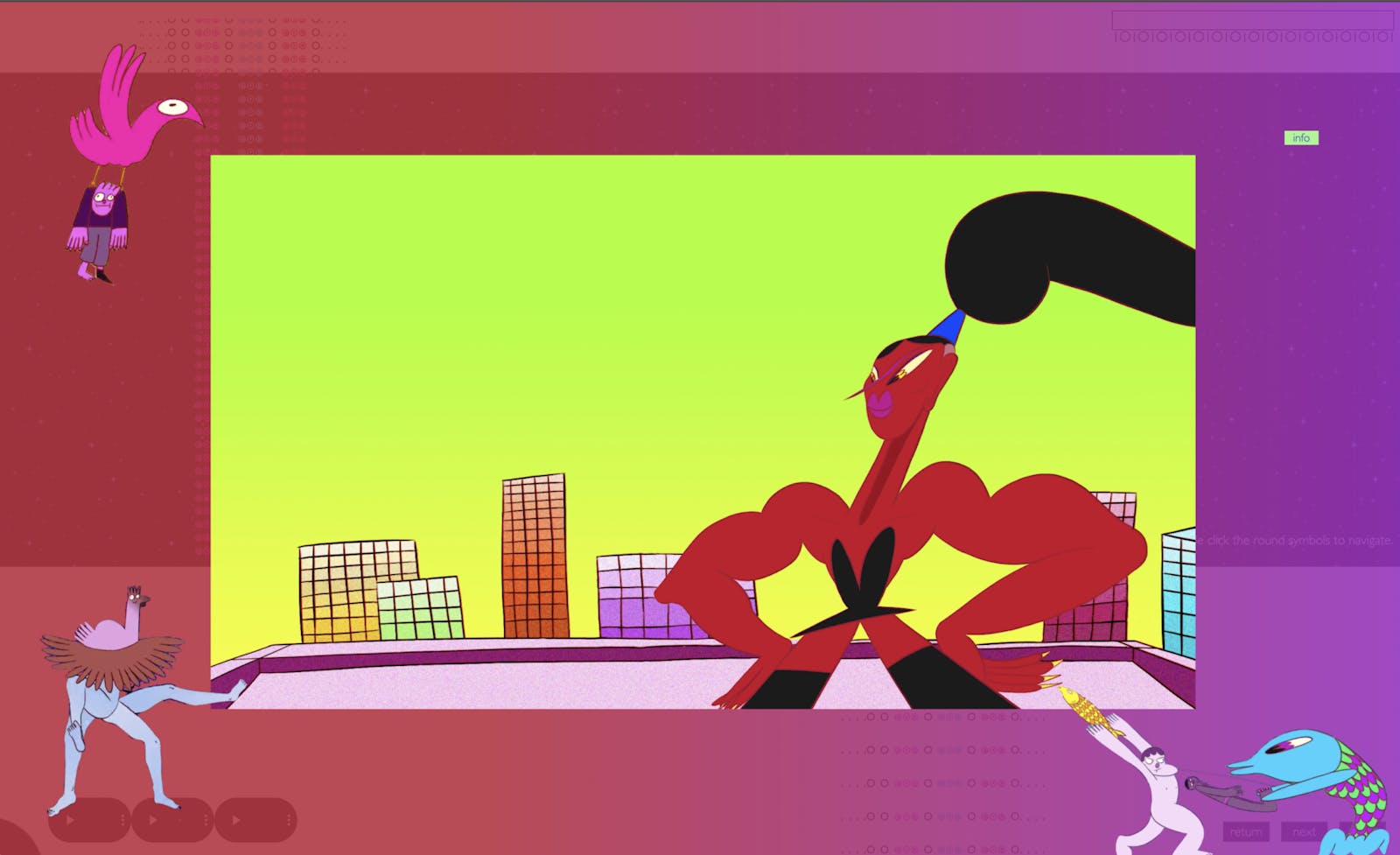
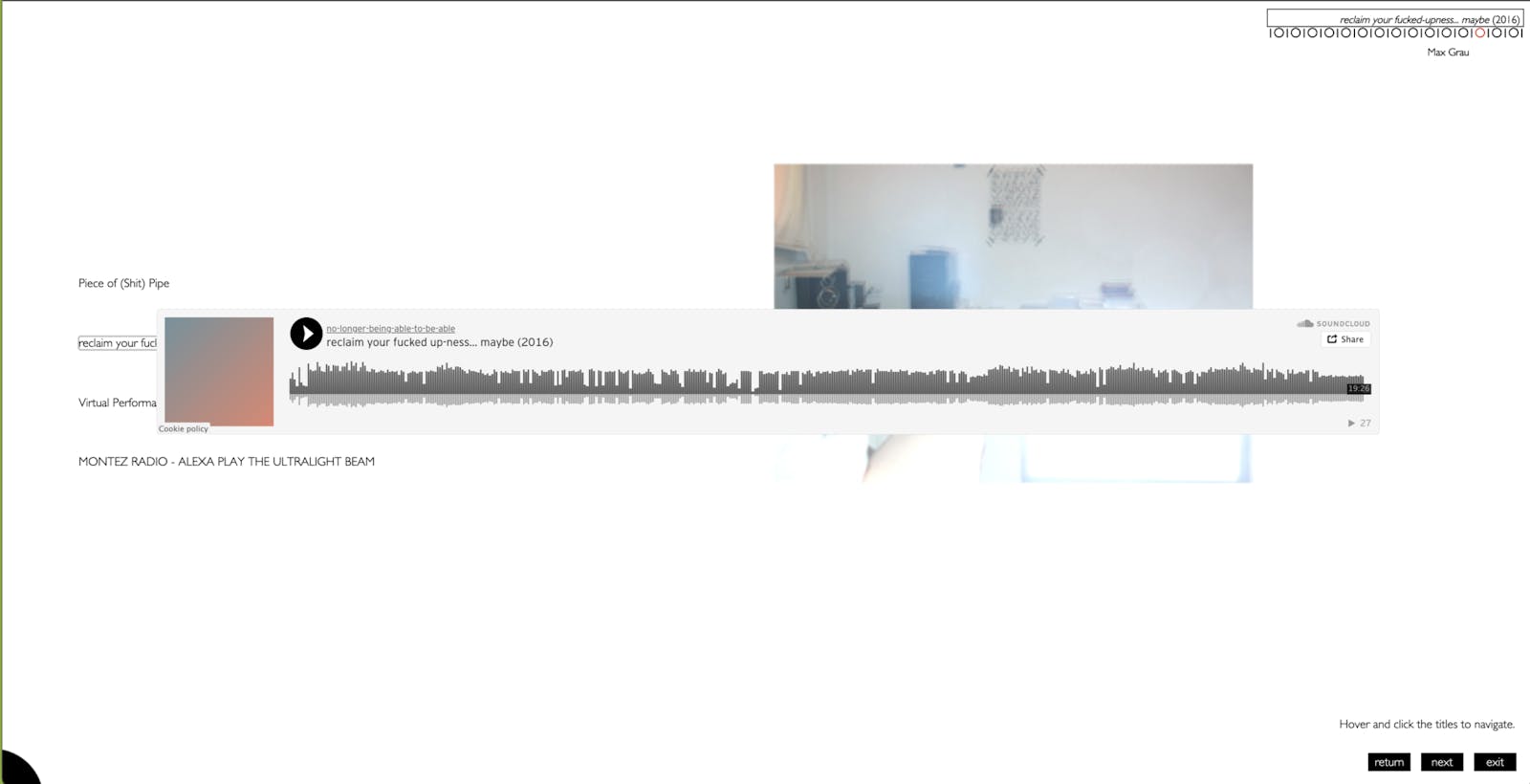
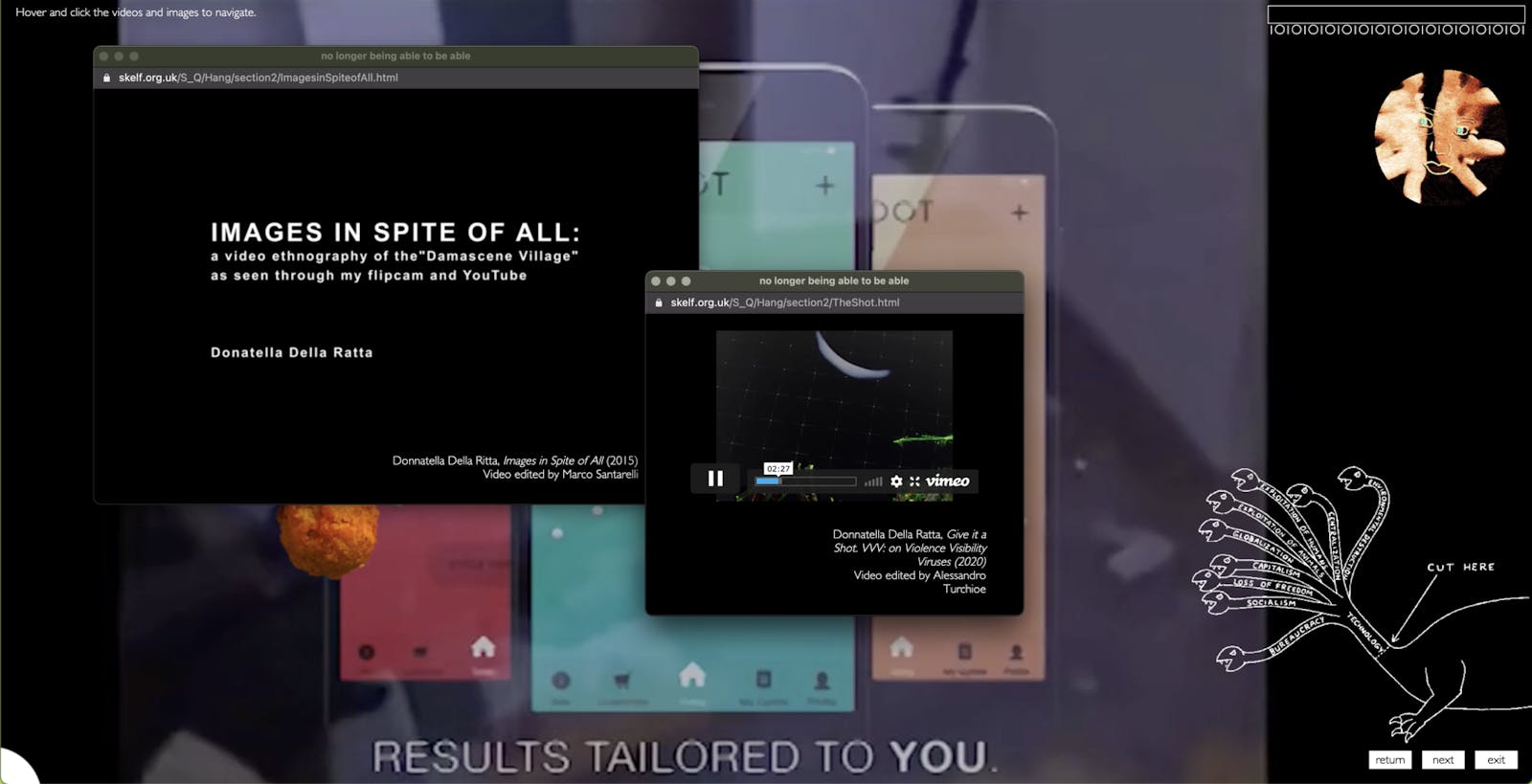
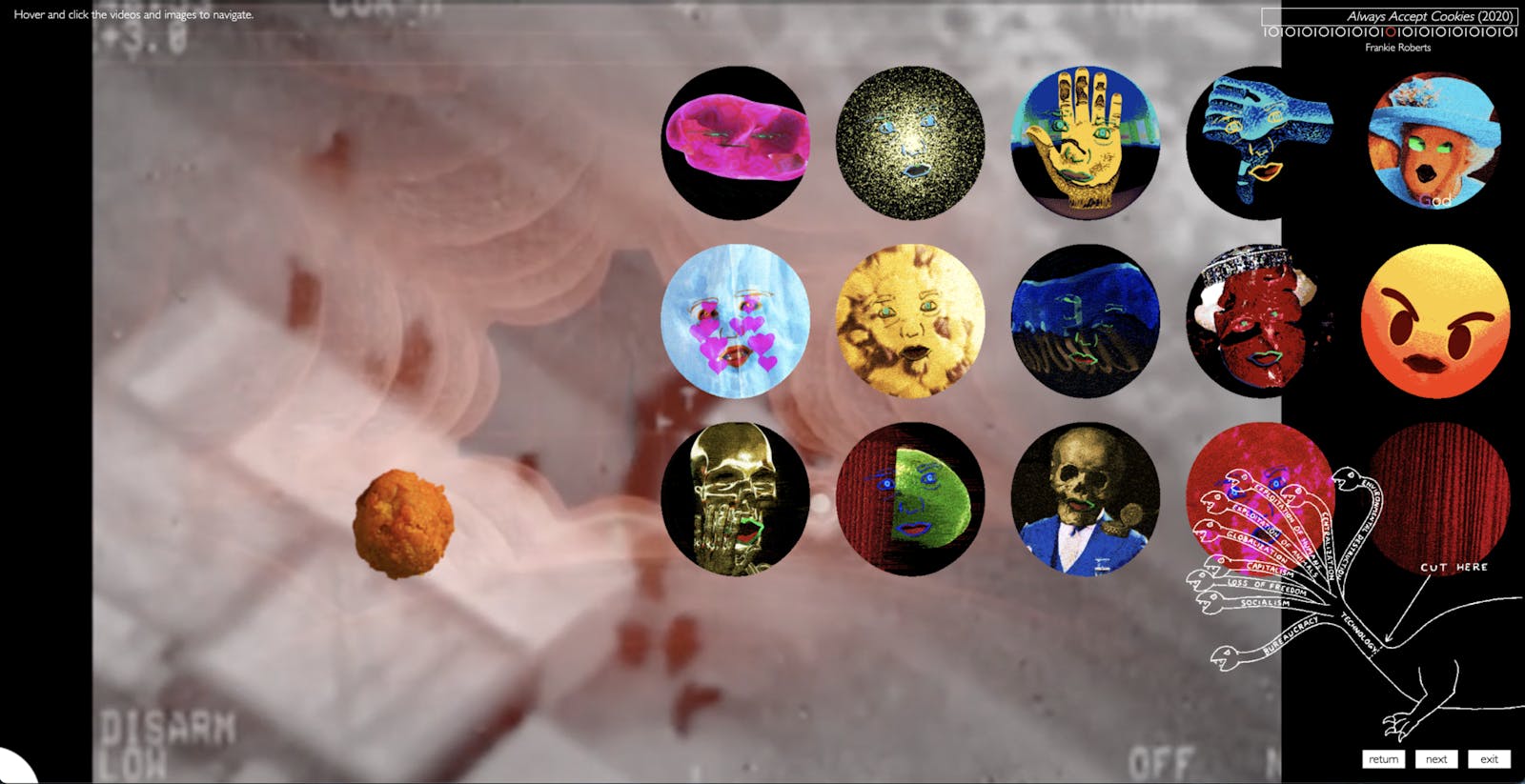
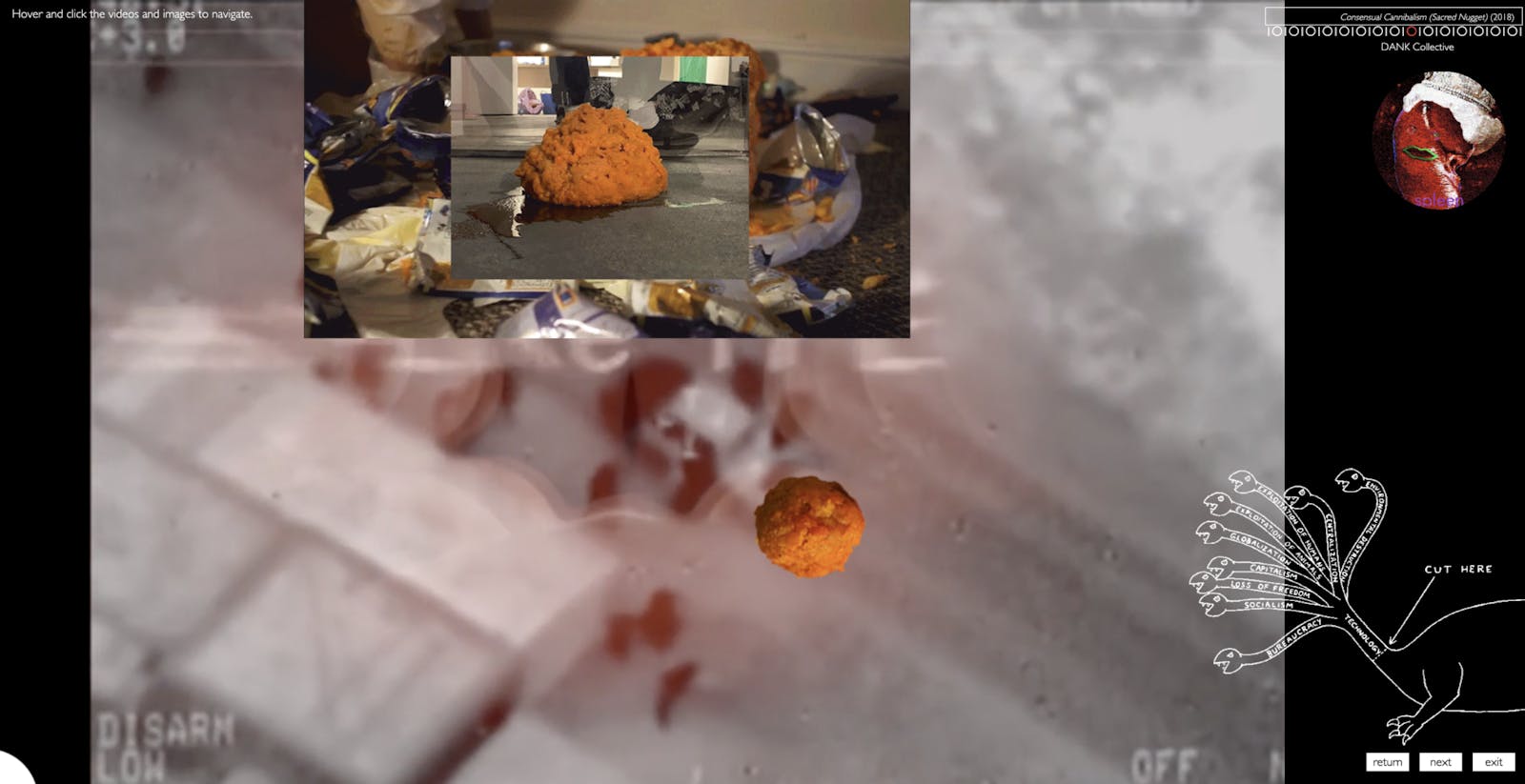
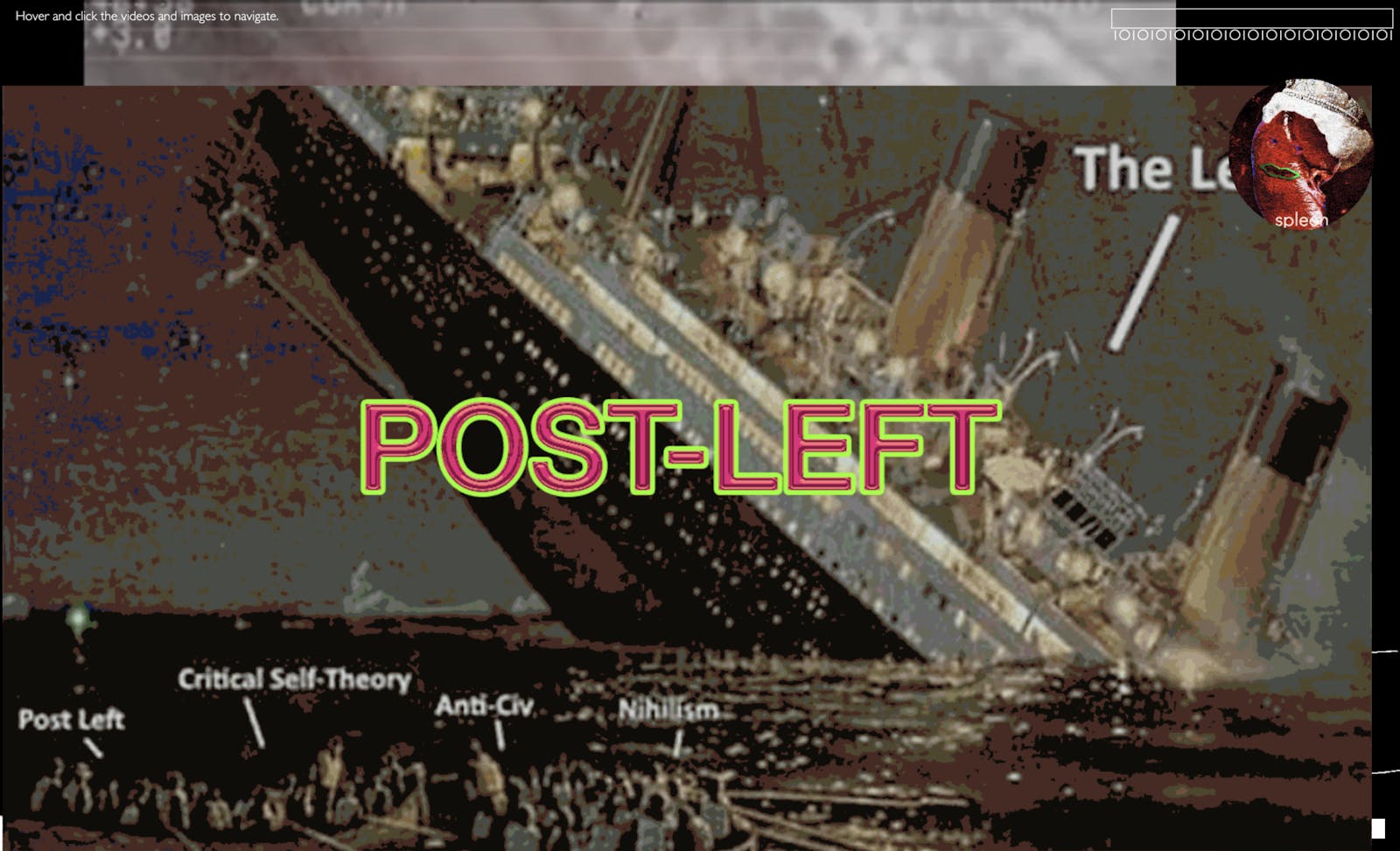
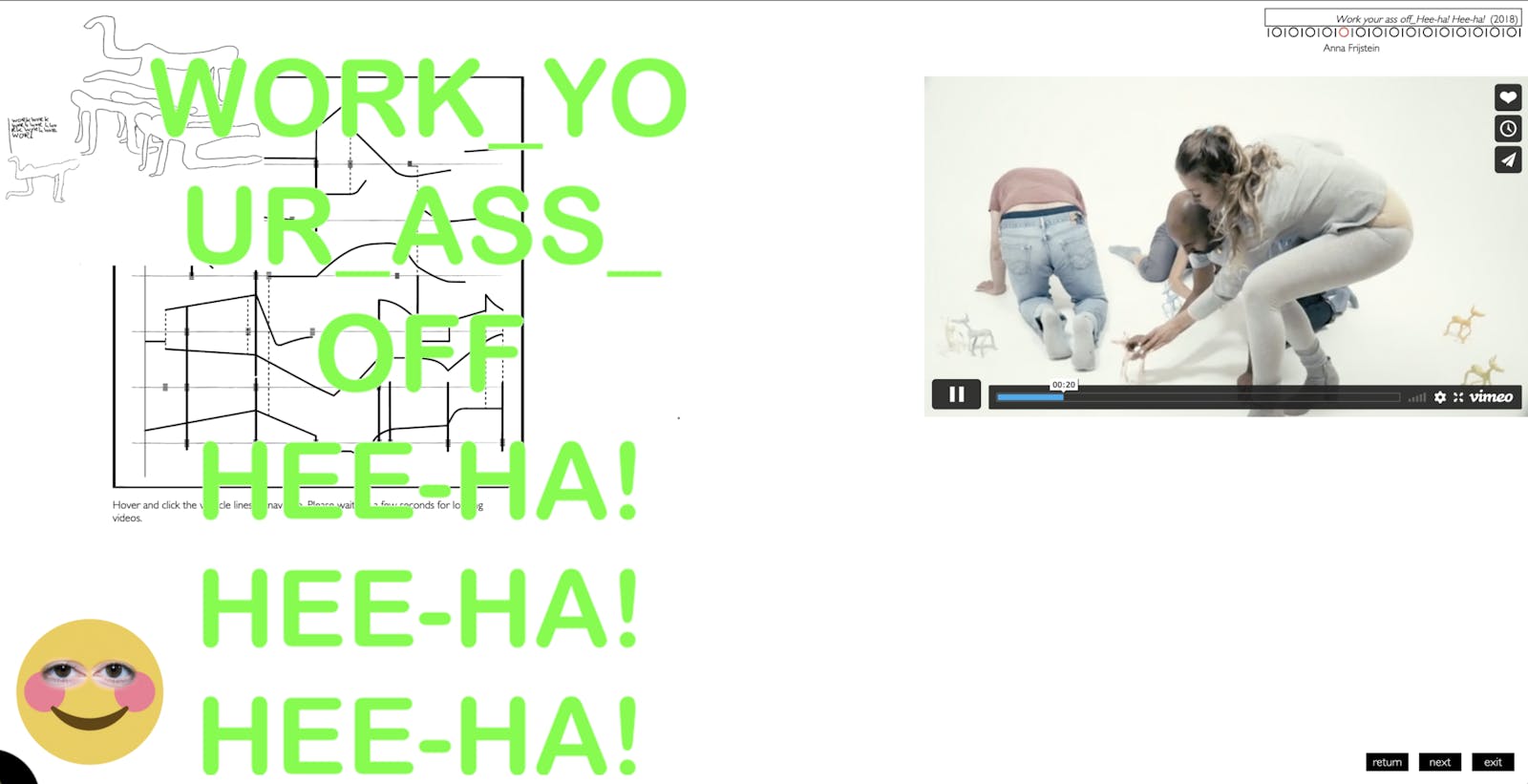
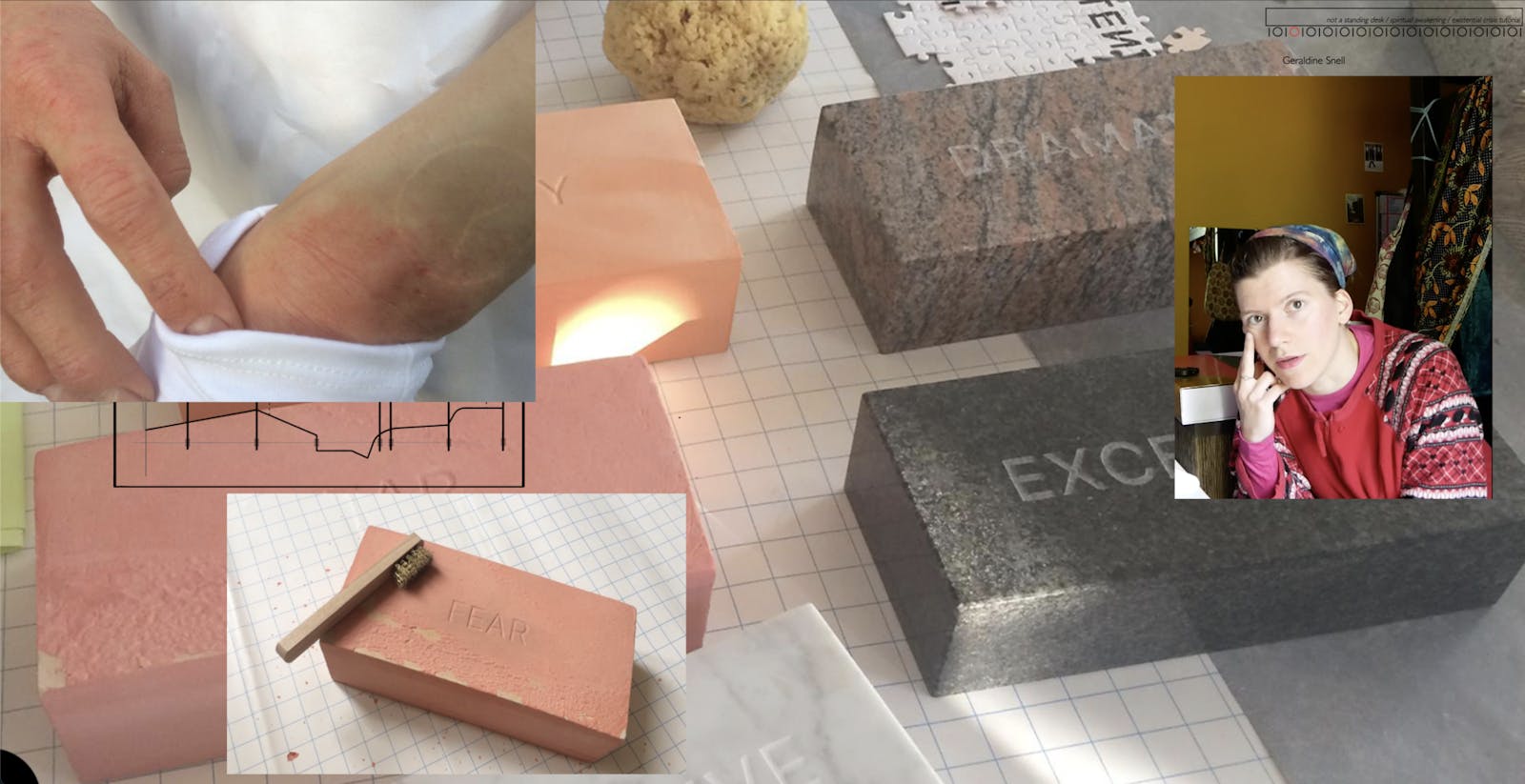
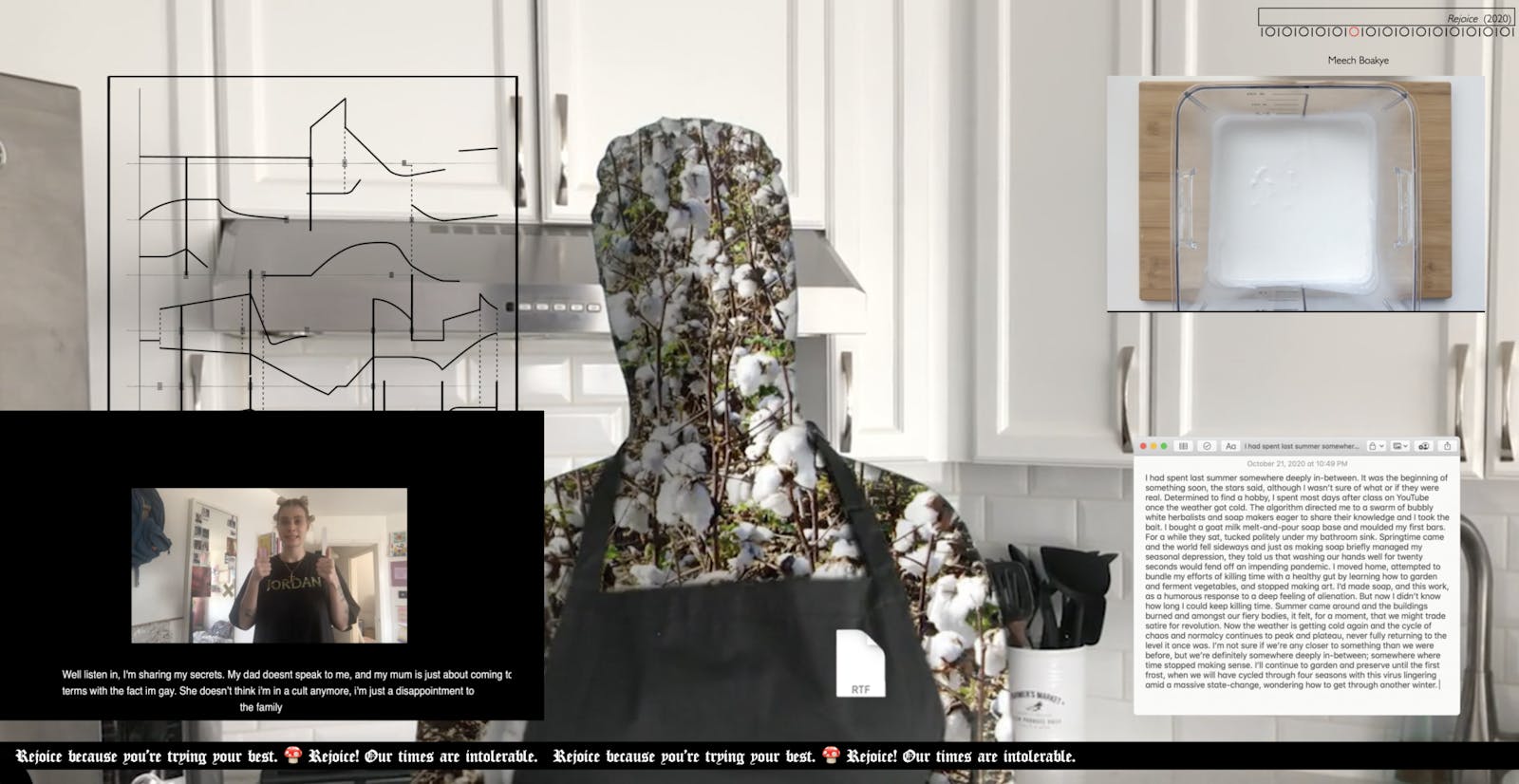
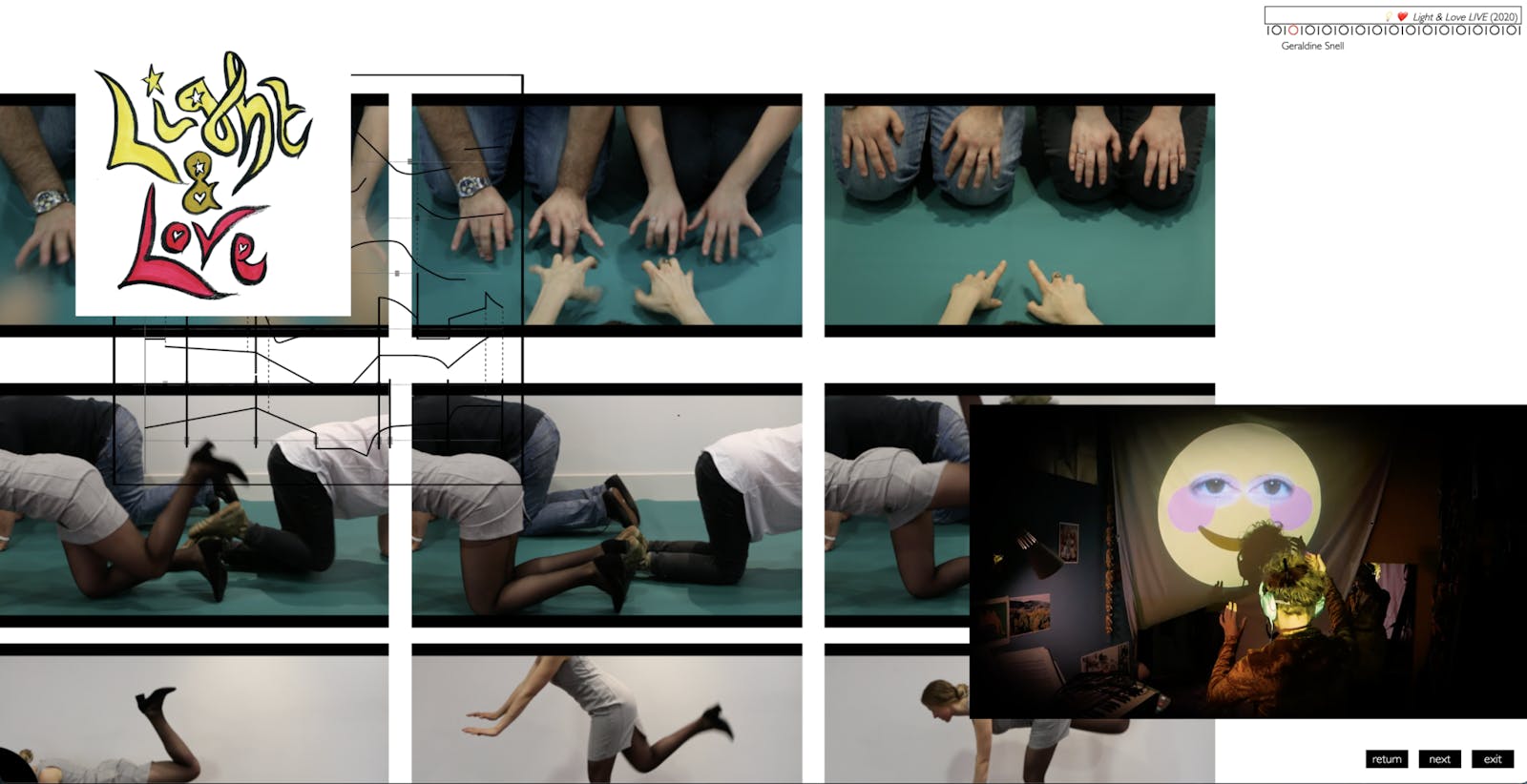
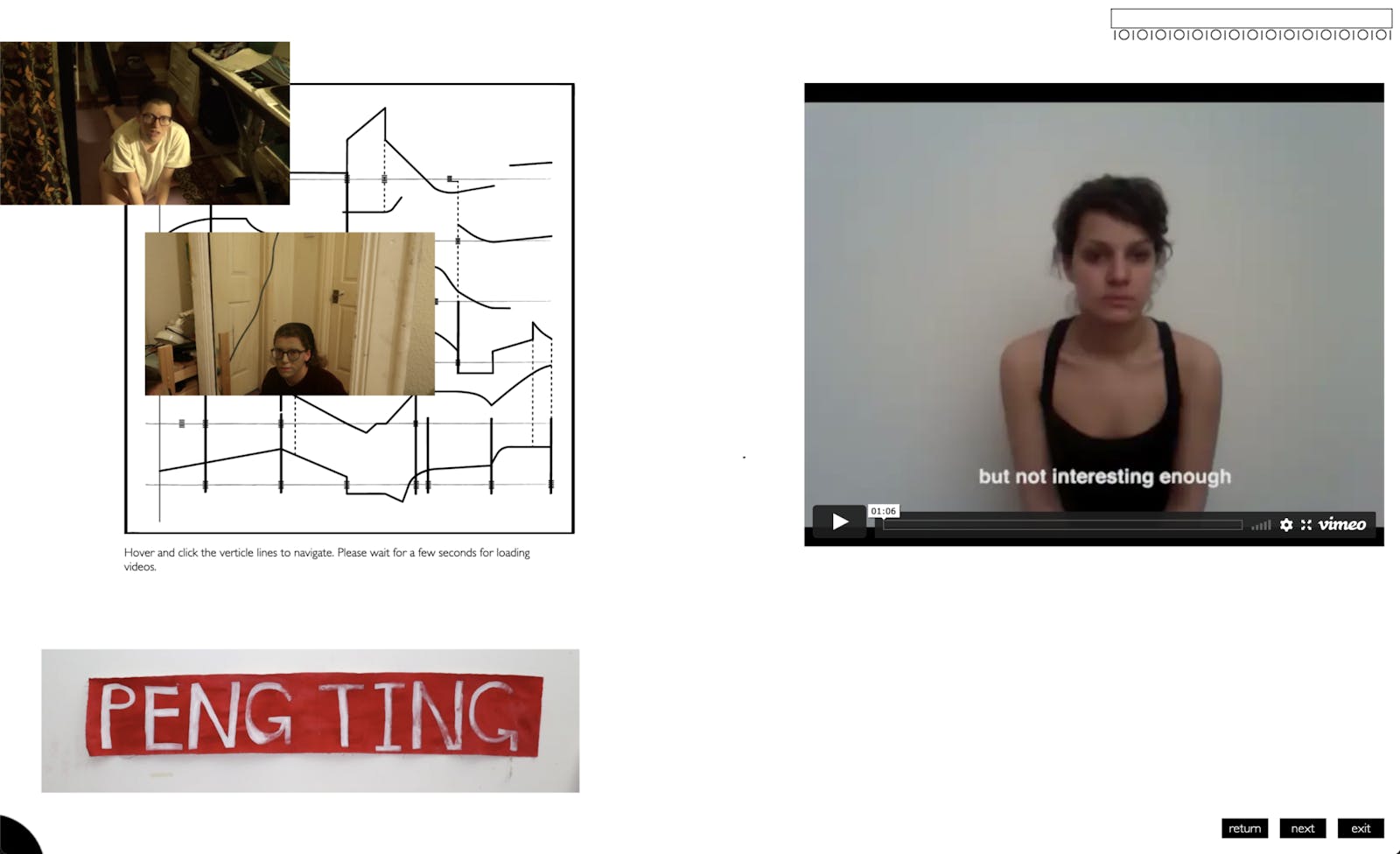
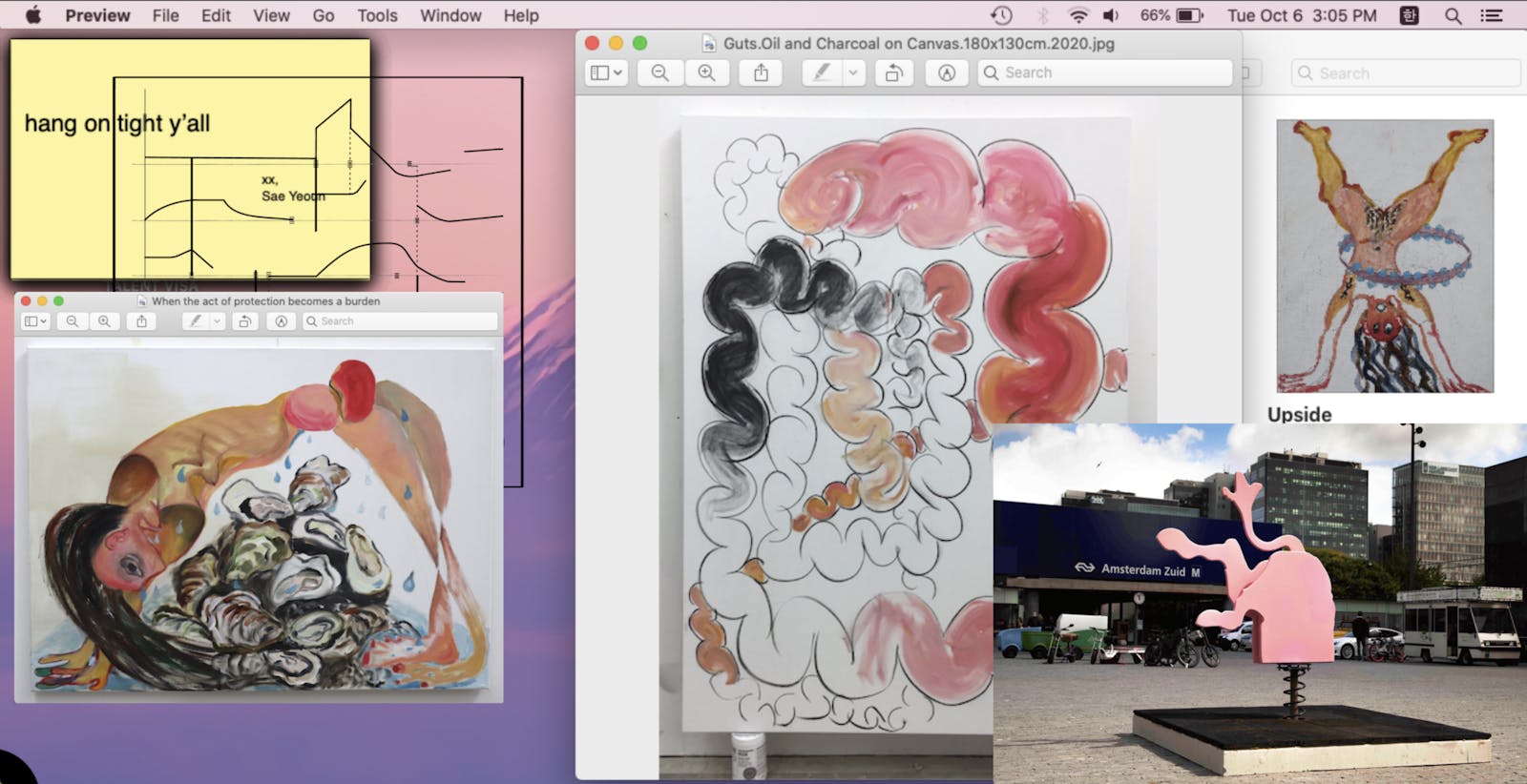
Textual Bodies: Online Studio Visit with Adam Walker
Image credit: Adam Walker
